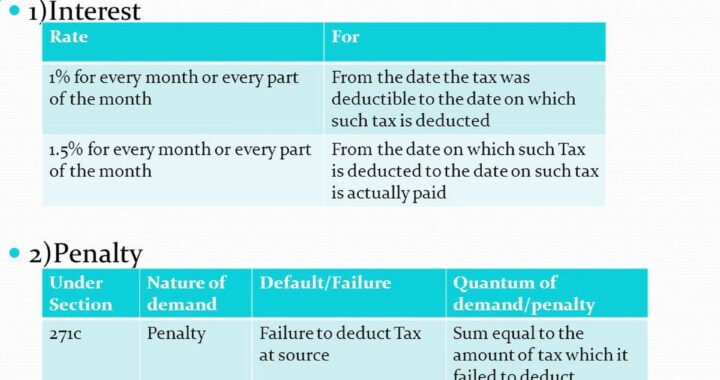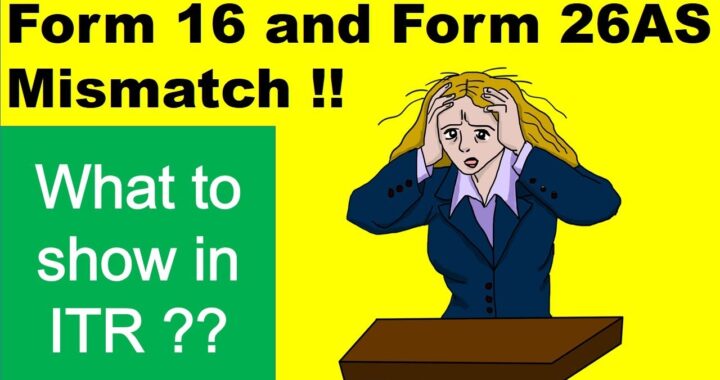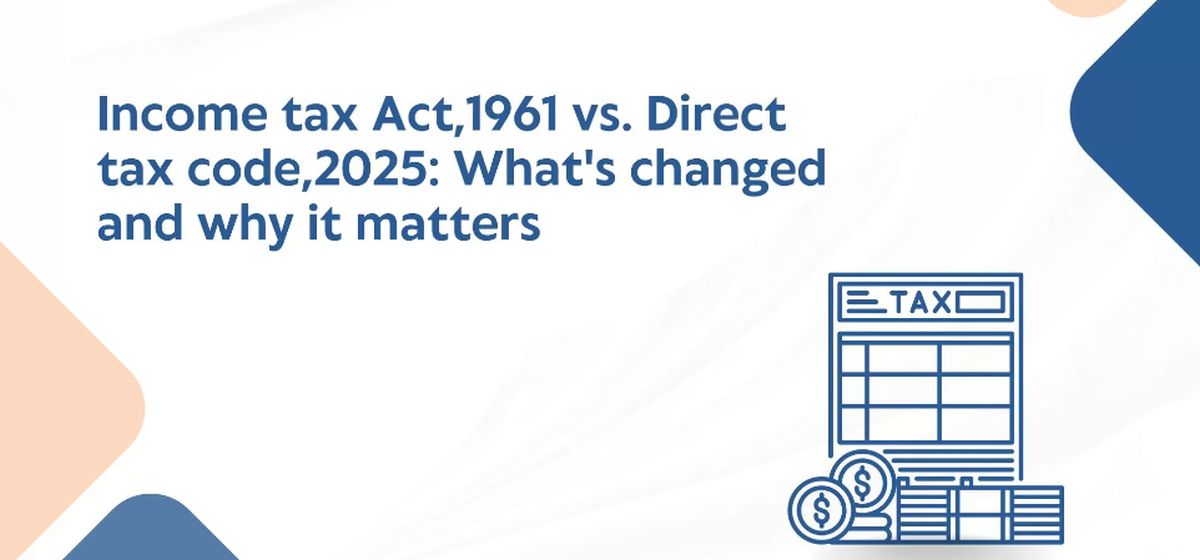Offences under Chapter XXII of the Income Tax Act, 1961
 Chapter XII of the Income Tax Act, 1961 dealing with the offences is always important for anyone concerned about the law relating to Income Tax in India. It is necessary to understand the defenses available to a person who is being prosecuted under the provisions of the Income Tax Act.
Chapter XII of the Income Tax Act, 1961 dealing with the offences is always important for anyone concerned about the law relating to Income Tax in India. It is necessary to understand the defenses available to a person who is being prosecuted under the provisions of the Income Tax Act.
Kinds of offences:
1. ‘Bailable Offence’- It refers to an offence that is normally made bailable that is, for such offence, one can claim bail as a matter of right, which is subject to fulfillment of some conditions such as furnishing a bond along with surety, etc. to the satisfaction of the court granting the same.
2. ‘Non-Bailable Offence’- It refers to an offence in which one cannot claim bail as a matter of right.
3. ‘Cognizable Offence’ – It refers to an offence in which, a Police officer may arrest without any warrant.
4. ‘Non-cognizable Offence’ – It refers to an offence in which a Police Officer is not authorized to arrest without a warrant.
The aforesaid terms have not been defined under the Income Tax Act, however their meanings should be taken from the Code of Criminal Procedure, 1973, as has been provided in Section 280C of the Income Tax Act.
Offences under the Income Tax Act:
There are certain latches on behalf of the assessee which are punishable by the courts in India. Whenever the department feels that an individual has committed a wrongful act, the department initiates the proceedings against him. The proceedings are normally heard under the Criminal Procedure Code and onus to prove the wrongful act on the part of the assessee is upon the department.
The assesee is treated as an innocent person unless it is established otherwise. Punishment by the department is pecuniary in nature but in case of some specific offences, punishment can be imprisonment for which the tax authorities initiate the proceedings before the court of law.
In the following cases when a person commits offence under the Income Tax Act, the person is liable to be punished by the court:
1. For removing any document, article etc. found during a search as per order under Section 132 (3) of the Act, a person shall be liable to imprisonment up to a term of 2 years and shall also be liable to fine, according to Section 275A of the Act.
2. For fraudulently removing or concealing a property to avoid tax recovery, an assessee shall be liable to rigorous imprisonment up to 2 years along with fine, according to Section 276 of the Act. It is considered as a Bailable offence.
3. For a default on the part of Liquidator as per the provisions of Section 178 (1) of the Act, to inform the Assessing Officer, the liquidator shall be liable to punishment up to 2 years, according to Section 276A of the Act. It is considered as a Bailable and Non-cognizable offence.
4. For any failure by an assessee to comply with provisions relating to acquisition of immovable property, he shall be liable to imprisonment up to 2 years as well as fine, according to Section 276AB of the Act.
5. For any failure to pay the TDS to the credit of the Central Government payable by him as required under section 194B under the provision of the Income Tax Act, the deductor shall be liable to imprisonment for a term up to 7 years and fine according to Section 276 W of the Act. It is considered as a Bailable and Non-cognizable offence.
6. For any failure by an assessee to pay the TCS to the credit of the Central Government under the provisions of Section 206C, he shall be liable to rigorous imprisonment for a term up to seven years along with fine, according to 276 (BB) of the Act. It is considered as a non-bailable and cognizable offence.
7. For any willful attempt to evade tax in case the amount of tax sought to be evaded is Rs. 1, 00,000/ – or more, a person shall be liable to imprisonment up to 7 years and fine and up to 3 years and fine if the amount is less than Rs. 1, 00,000/ – It is considered as a non-bailable and Non-cognizable offence as per section 276C (1) of the Act.
8. For any failure by an assessee to furnish return of income within due time which he is required to furnish under section 139 (1) or section 142 (1) (i) or section148 or section 153A of the Act, he shall be punishable with a rigorous imprisonment up to 7 years and with fine if the amount of tax sought to be evaded is more than Rs. 1, 00,000/ – and up to 3 years and with fine in any other case.
9. For any failure by an assessee to produce accounts and documents to comply a notice served under Section 142 (1) for production of accounts, books, etc. or a willful failure to get accounts audited by a Chartered Accountant, he shall be liable to rigorous imprisonment up to one year or fine, according to Section 276 (D) of the Act.
10. For making any false Statement in verification which a person believes to be false, shall be liable to rigorous imprisonment for a period up to 7 years, if the amount of tax evaded is more than Rs. 1, 00,000/ – and up to 3 years and fine in any other case, according to Section 277 of the Act.
11. For making any false Statement in books of account or document, etc. to help any other person to evade any tax or penalty chargeable under the Act, which the first person knows to be false, the first person shall be liable to imprisonment for a term which may extend up to three years and fine, according to Section 277A of the Act. It is considered as a non-bailable and non – cognizable offence.
12. For abetment in False Return of another person, a person shall be punishable with imprisonment for a term extending up to seven years, if the amount of tax evaded is more than Rs. 1,00,000/- and up to 3 years in any other case and with fine, according to Section 278 of the Act. It is considered as a non-bailable and non- cognizable offence.
Presumption of “mens rea”:
With respect to all the offences under Chapter XXII of the Act, a judicial presumption, as per Sec. 278E of the Act, as to the guilty state of mind i.e. Mens rea is raised against the accused for all offences.
The onus is upon the accused to prove that he had no intention or knowledge to commit any offences under the Act.
Absence of Mens rea is one of the strongest defenses available for any prosecution case under Chapter XXII of the Income Tax Act.
While dealing with Mens rea in relation to Sec.276C of the Act, the Apex Court in the case of Gujarat Travancore Agency v. C.I.T. held that no punishment can be imposed unless mens rea is established.
Defenses available to an accused:
In case of a prosecution launched against an accused, the following defenses are available to him:
1. compounding;
2. facing trial;
3. establishing absence of Mens rea for commission of the alleged offence ;
4. filing a petition under Sec. 482 of the code of Criminal Procedure before the jurisdictional High court for quashing of the case.

 Can an assessee pay House Rent to his parents and claim relief? Would there be any legal complications?
Can an assessee pay House Rent to his parents and claim relief? Would there be any legal complications?  Boost Your Business & Reduce Taxes: A Guide to Maximizing Benefits Under Section 80JJAA
Boost Your Business & Reduce Taxes: A Guide to Maximizing Benefits Under Section 80JJAA  What is remedy to taxpayer if the Tax deductor fails to deposit the TDS or fails to file TDS Return
What is remedy to taxpayer if the Tax deductor fails to deposit the TDS or fails to file TDS Return  What is Income Tax Liability on Income from trading in Future and Options
What is Income Tax Liability on Income from trading in Future and Options  The Importance of Filing Your Income Tax Return on Time: A Financial Must-Do
The Importance of Filing Your Income Tax Return on Time: A Financial Must-Do  Is Addition made by Assessing officer on basis of mismatch between AIR and F26AS Justified
Is Addition made by Assessing officer on basis of mismatch between AIR and F26AS Justified  Major Changes Expected in Direct Tax Code 2025 and why these matter
Major Changes Expected in Direct Tax Code 2025 and why these matter